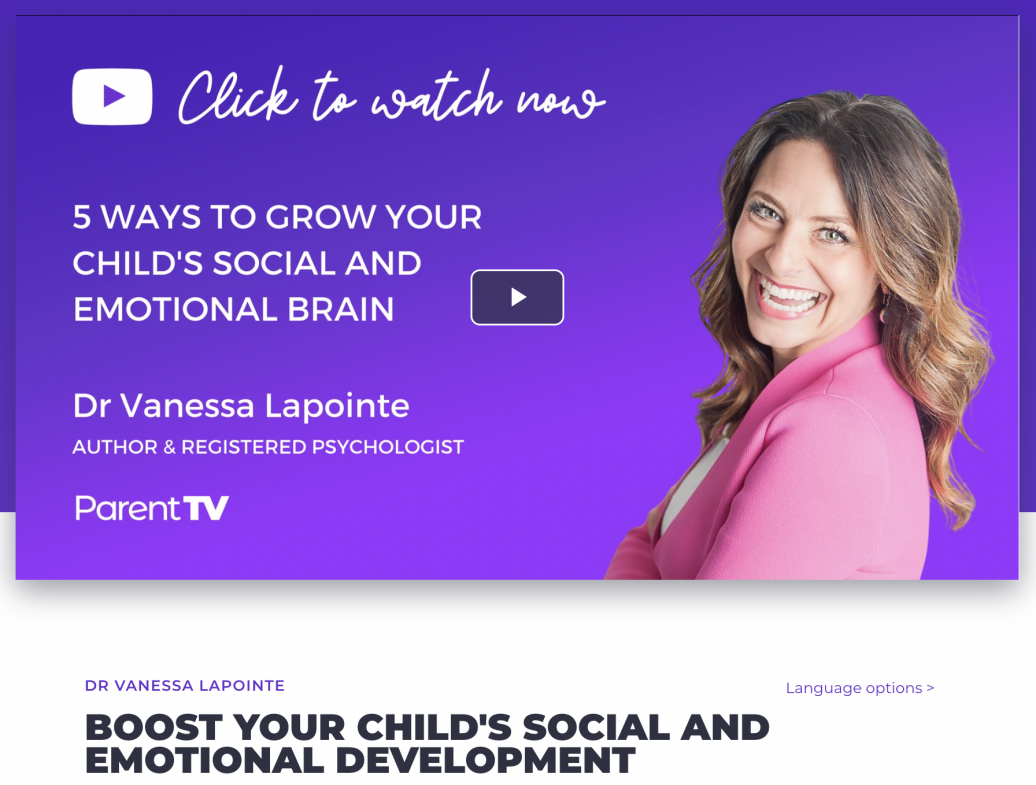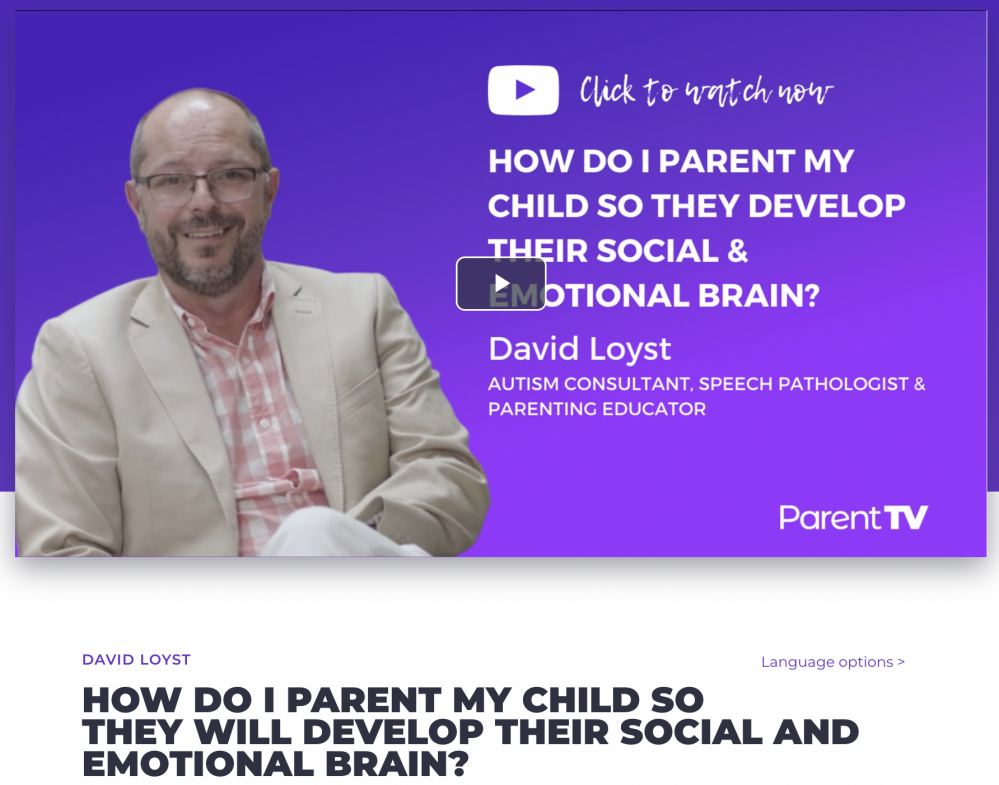The Role of Pets in Child Development
Categories: General Parenting
Whether you’re a dog lover, a cat person, or prefer something more exotic, there’s no denying the special place pets hold in our lives. But did you know that there’s solid science behind how pets can positively influence a child’s growth and development? In this blog post, we’re going to dive into the research to understand just how pets impact the physical, emotional, and cognitive development of our little ones.
Physical Health Benefits
- Allergies and Asthma, Begone!
Contrary to what you might think, having pets around can actually reduce the risk of allergies and asthma in kids. Yup, you read that right! Research published in the Journal of Allergy and Clinical Immunology found that infants growing up with furry friends were less likely to develop these health issues. Exposure to pet allergens from an early age seems to give the immune system a leg up.
- Get Movin’, Kiddos!
Here’s a no-brainer: pets, especially dogs, get kids moving! Think about all the fetching, running, and playing that goes on. Children with pets are more likely to stay active, which is a fantastic way to keep childhood obesity at bay and promote overall fitness.
Emotional and Social Development
- Emotionally Savvy Kids
Pets teach kids about emotions – both their own and those of their furry friends. Taking care of a pet, being there when they’re happy or sad, and learning to respond to their needs all nurture empathy, compassion, and emotional sensitivity in children.
- Stress-Busters in Fur
Feeling stressed? Just snuggle up with your pet! The presence of a pet, be it a dog or a cat, can help lower stress levels in kids (and grown-ups too). Petting your furry buddy releases oxytocin, a feel-good hormone that fosters bonding and relaxation. So, pets can be like natural stress balls for children, helping them handle anxiety and tough times.
- Social Butterflies
Pets aren’t just friends to kids; they’re social connectors. Children often bond over their shared experiences with their pets – swapping stories about their dog’s antics or showing off their cat’s cool tricks. These shared interests can lead to new friendships and better social skills.
Cognitive Development
- Sharpening the Mind
Pets might actually make your child smarter! Research published in the journal Applied Developmental Science found that kids with strong bonds to their pets scored higher on cognitive tests, including academic achievements. So, that dog or cat at home could be a secret academic weapon.
- Lessons in Responsibility
Raising a pet comes with responsibilities – feeding, grooming, and, of course, cleaning up after them. These duties teach kids essential life skills like time management, organization, and being accountable for their actions.
- Science at Home
Who needs a textbook when you have a pet? Interacting with pets gives kids a hands-on lesson in biology and science. They can observe their pet’s growth, behavior, and health, sparking an early interest in the natural world.
To sum it up, pets are more than just cuddly companions; they’re like personal growth coaches for kids. From protecting against allergies to nurturing empathy, reducing stress, and boosting cognitive skills, pets play a starring role in child development. But, and here’s the fine print, remember that pets come with responsibilities. Parents should make sure their children are ready for the pet-owner journey, offering guidance and supervision when needed.
In a world dominated by screens and gadgets, pets bring a tangible connection to the real world and a source of comfort and friendship. So, if you’re thinking about adding a pet to your family, know that you’re not just getting a furry friend – you’re giving your child a precious opportunity for growth and development, wrapped up in the form of a wagging tail or a purring companion.
You can check out a few more videos below from ParentTV all about boosting your child’s social and emotional development and sense of self.



